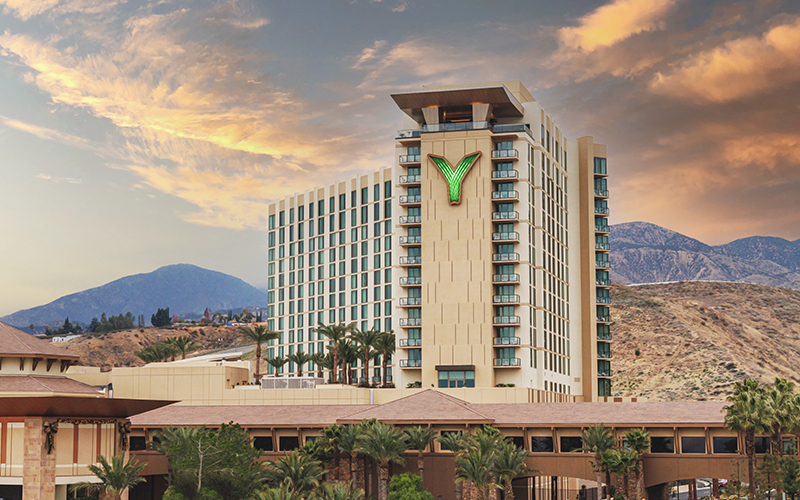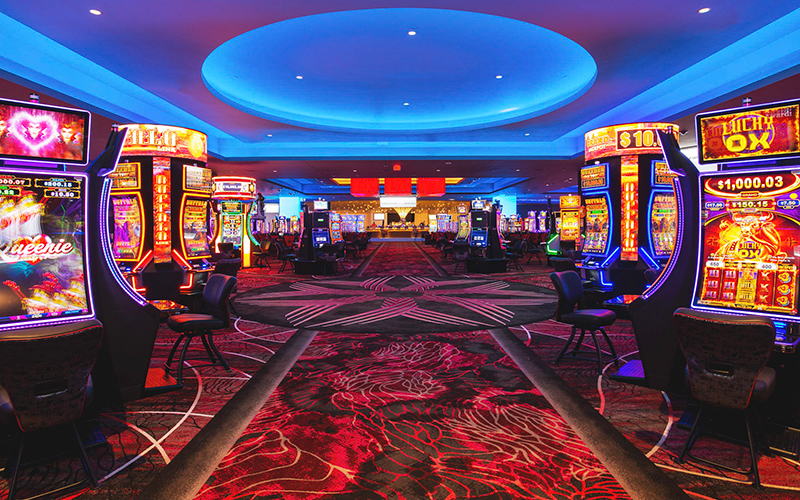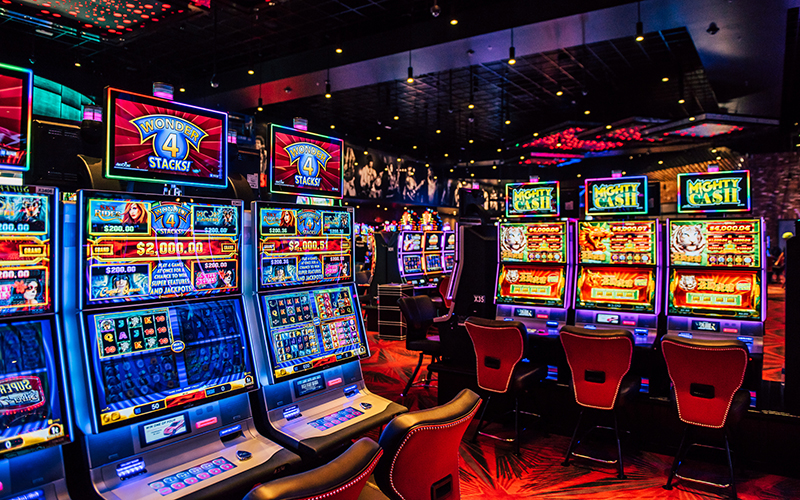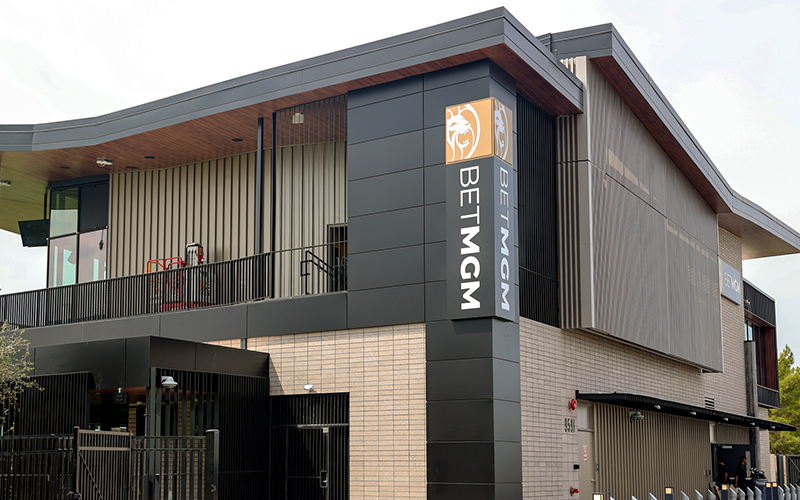LOS ANGELES – California voters next month will decide between two competing ballot measures involving sports betting that would dramatically alter legalized gambling in the state, a struggle that underscores the have and have-not divide between the state’s native tribes.
The newest chapter of this long-standing divide comes more than a year after Arizona legalized online sports wagering. Now, California may follow suit with Propositions 26 and 27 on the Nov. 8 ballot.
Proposition 26 would allow in-person betting on professional sports in 66 tribal-owned casinos and four racetracks in California. Additionally, it would allow tribes to offer more Las Vegas-style games, including roulette and craps, not just blackjack, bingo and slot machines
Proposition 27 would go much farther, allowing online betting. Gamblers could wager from their computers or smartphones, never setting foot in a casino. Although casino-owning tribes would be allowed to offer off-site betting, the real beneficiaries appear to be large national wagering concerns, like DraftKings and FanDuel, that accept bets from a growing number of states, including Arizona.
It’s unclear what would happen if both are approved, a scenario that could wind up being settled in a courtroom.
In 2021, Arizona became the 23rd state to legalize online sports betting. In its first year, Arizonans wagered more than $5 billion, exceeding the expectations of many.
The dueling propositions have split California tribes. The Yes on 26 campaign touts support from more than 50 tribes while alleging that the opposing camp, Yes on 27, has the support of just three.
“This is a skirmish in a larger war,” said Dan Walters, columnist for CalMatters, a nonpartisan, nonprofit state news organization. “And it’s not probably going to be the end of the war. It’s probably just going to continue on in some other form no matter what happens this year.”
According to Walters, the proposition is one of many attempts to address gambling in California since President Ronald Reagan signed the Indian Gaming Regulatory Act
of 1988, which allowed federally recognized Native American tribes to operate casinos on their own lands.
There are 66 tribal casinos in 28 California counties, according to the state’s Legislative Analyst’s Office. Some, including Pala Casino Spa Resort and Pechanga Resort Casino near Temecula and Yaamava’ Resort & Casino in Highland, aim to rival some of the larger hotel-casinos in Las Vegas.
As larger casinos grew in popularity and fueled substantial local economies, Walters said, tensions grew between tribes with casinos and those without. For example, smaller tribes in more remote areas do not have the same advantages as tribes adjacent to major highways, he said.
“Most of the tribes do not benefit from the Indian gambling phenomenon,” Walters said, “but the ones that do have the casinos (that) reap enormous amounts of money. There’s no question about that. They’re very profitable. And so you have, essentially, a jealousy between the haves and the have-nots within the Indian community.”
Patricia Martz, professor emerita at California State University, Los Angeles, said much of this revenue already goes to the communities where casinos are located, but it also goes to neighboring tribes for such services as housing, education and health.
The California Legislative Analyst’s Office reports that larger tribal casinos give nearly $150 million to smaller tribes that either do not own casinos or operate casinos with fewer than 350 slot machines. Additionally, tribes paid about $65 million to support state regulation and gambling addiction programs.
Proposition 27 includes a provision to raise revenue to reduce homelessness and boost mental health services, but Martz said the money wouldn’t help much and would remove a source of funds tribes need to help their members.
“The amount that they (Proposition 27) would give really doesn’t offset the harm that the proposition would do,” Martz said. “It seems to me it’s a no-brainer that people are against it.”
That point is being pushed as well by the Yes on 26, No on 27 campaign.
“If 27 passes, it is a severe blow to tribal self-sufficiency,” spokesperson Kathy Fairbanks said. “If it were to pass, it would really undercut tribes and their brick-and-mortar casinos and their ability to provide for their people. It would not be good.”
Despite multiple requests, the Yes on 27 campaign did not respond for comment.
After reaching out to multiple casino-owning tribes for comment, Cronkite News was unable to secure an interview or direct statement in time for publication of this article.



